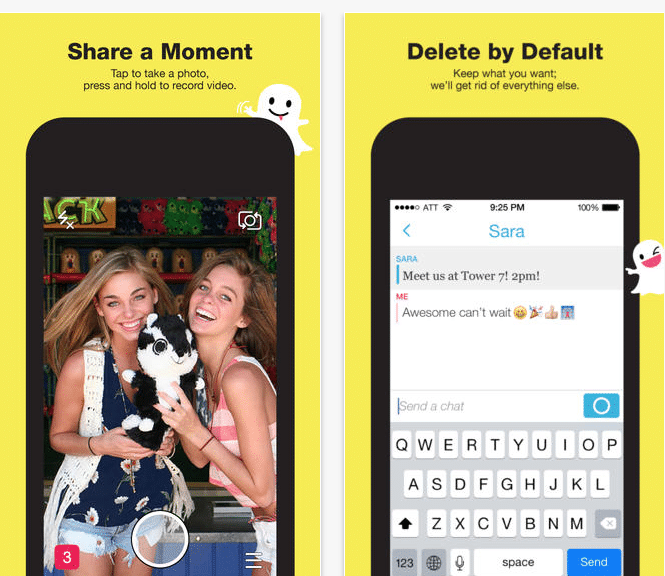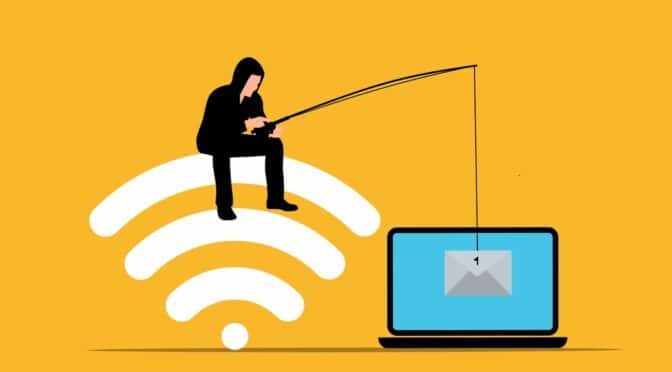Lemon juice, water and a Q-Tip is supposed to make pretty good disappearing ink. But that disappearing photo? Well, there’s a rethink on 21st century app Snapchat and its not-so-disappearing photos.
Snapchat, the popular app that promised to make photo messages disappear, settled false claims charges with the Federal Trade Commission (FTC). It turns out that photos and messages sent via the app remained accessible.
Snapchat’s marketing claimed that if you used the app to sent a photo, it would disappear after a designated time period. But the Federal Trade Commission followed the trail of complaints and found the app didn’t work quite that way.
The FTC says photos remained accessible through widely used third party apps and photos could be viewed or saved indefinitely. The company apparently was alerted to the problem by a security researcher, but the FTC says that even after the warning, “Snapchat continued to misrepresent that the sender controls how long a recipient can view a snap.”
And there’s more.
Snapchat did not use encryption to store video snaps on recipients’ devices. That allowed the videos to remain accessible to anyone who connected a device to a computer and accessed it.
Snapchat promised that users would be notified if someone took a screenshot of their photo. But Apple devices created before iOS 7 can avoid the screenshot detection system.
Snapchat said that it didn’t track or access location information. But the FTC says it misrepresented there,too.
And maybe most embarrassing of all, Snapchat’s “Find Friends” feature had big problems. Consumers complained that when they used the feature and thought they were sending personal photos to friends, the photos often went to strangers who had registered with other peoples’ phone numbers.
What happens now?
The FTC says, “Under the terms of its settlement with the FTC, Snapchat will be prohibited from misrepresenting the extent to which it maintains the privacy, security, or confidentiality of users’ information. In addition, the company will be required to implement a comprehensive privacy program that will be monitored by an independent privacy professional for the next 20 years.”
We reached out to Snapshot for a response, but haven’t heard yet.



